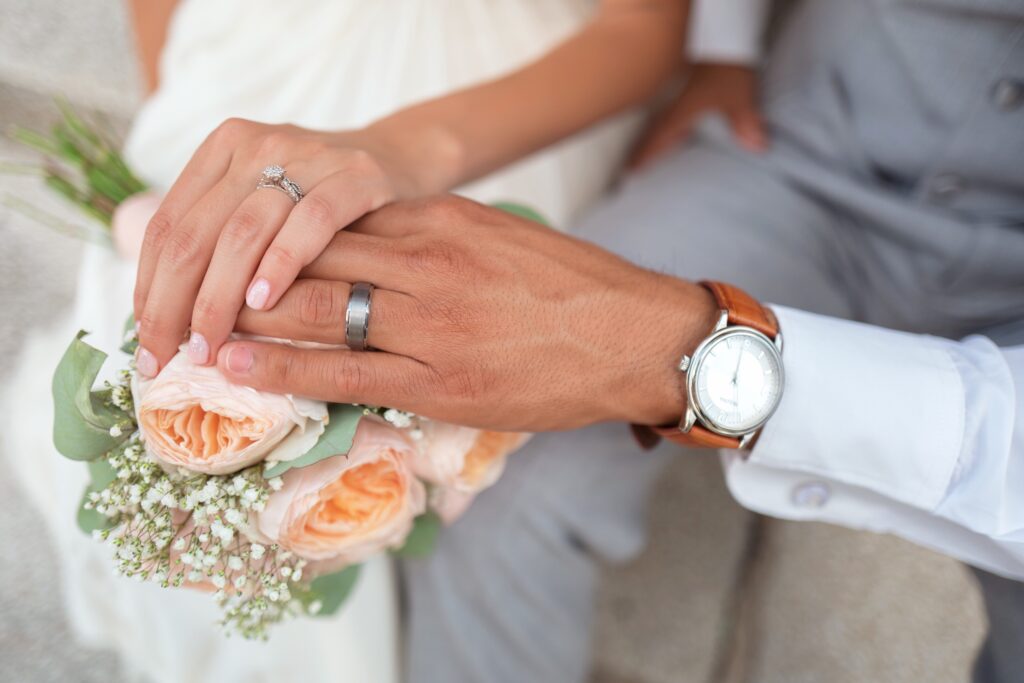
CHRISTIAN MARRIAGE PROCEDURES IN INDIA:
Parties who do not wish to marry in a religious ceremony can instead opt for a civil ceremony pursuant to the Indian Special Marriage Act of 1954.
In case a marriage between an Indian and a foreign national is to take place in India, generally its required to file a notice of intended marriage with a Marriage Registrar of your choice in India. That notice is required to be published for the stipulated 30 days. At the end of the 30 days the Marriage Registrar is free to perform the marriage.
The notice of intended marriage can only be given in India, if at least one partner is permanently and the other partner temporarily resident in India.
Parties who do not wish to marry in a religious ceremony can instead opt for a civil ceremony pursuant to the Indian Special Marriage Act of 1954.
In case a marriage between an Indian and a foreign national is to take place in India, generally its required to file a notice of intended marriage with a Marriage Registrar of your choice in India. That notice is required to be published for the stipulated 30 days. At the end of the 30 days the Marriage Registrar is free to perform the marriage.
The notice of intended marriage can only be given in India, if at least one partner is permanently and the other partner temporarily resident in India.
If one partner is residing in a foreign country then the partner who is resident in India will have to fill out the Marriage Notice collected from the Marriage Registration Office of his/her choice in India and send it to his/her partner in the foreign country who will also have to fill it out. This Notice should then be sent back to the partner in India who will have to re-submit it at the Marriage Registration Office. After the stipulated waiting period of 30 days the marriage can take place in India. Under the Special Marriage Act, 1954 a certificate showing the signatures of the persons married, the registrar and the witnesses will be issued. This Certificate is required as proof of the marriage and when applying for a visa to for a foreign country.
Advantages Of Marriage Certificate:-
For Registration Of Marriages Which Have Already Been Solemnized, Following Documents Are Required: